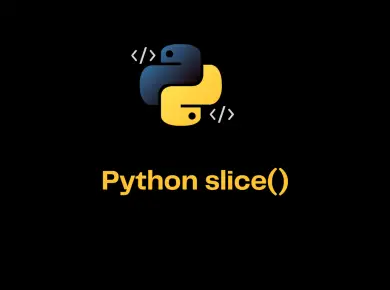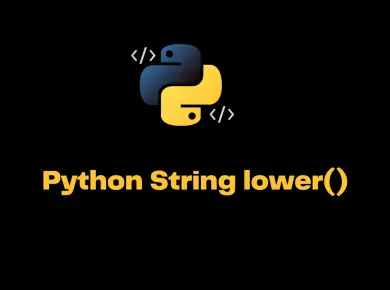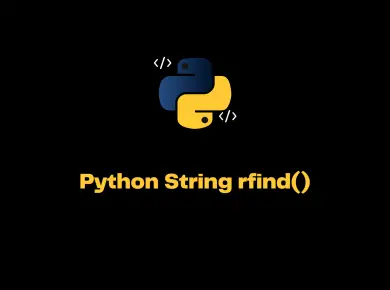The callable() function in Python returns True if the object passed appears to be callable. Otherwise, it returns False.
callable() Syntax
The syntax of the callable() method is
callable(object)
callable() Parameters
The callable() method can take only one argument, i.e., an object.
callable() Return Value
The callable() function returns
True– if the object appears callableFalse– if the object is not callable.
Note: There may be few cases where callable() returns True, but the call to the object may fail. But in case if callable() returns False, the calling object will never succeed.
Example 1: How does callable() works?
Here, the object number is not callable. And, the object getData appears to be callable (but may not be callable).
# returns false as the object of integer is not callable
number = 10
print(callable(number))
def getData():
print("Hello World")
# returns true as the variable is callable
obj = getData
print(callable(obj))Output
False
TrueExample 2: When an Object is callable
The built-in callable() method checks if the argument passed is either of the below two cases:
- An instance of a class having a
__call__method. - It is of a type that indicates callability, such as in functions, methods, etc. or has a non-null
tp_call(c struct) member.
# Python program to demonstrate callable()
class Test:
def __call__(self):
print('Hello World !!!')
# Suggests that Test class is callable and returns True
print(callable(Test))
# This proves that class is callable
TestObject = Test()
TestObject()Output
True
Hello World !!!Example 3: When an Object is NOT callable
The callable() method returns True, suggesting that the Test class is callable, but the instance of Test is not callable, and it returns a TypeError: ‘Test’ object is not callable
# Python program to demonstrate NOT callable()
class Test:
def printdata(self):
print('Hello World !!!')
# Suggests that Test class is callable and returns True
print(callable(Test))
# The object will be created but returns error while calling
TestObject = Test()
TestObject()Output
True
Traceback (most recent call last):
File "c:\Projects\Tryouts\main.py", line 11, in <module>
TestObject()
TypeError: 'Test' object is not callable![[Solved] Pandas Typeerror: No Numeric Data To Plot 1 [Solved] Pandas Typeerror No Numeric Data To Plot](https://itsmycode.com/wp-content/uploads/2022/01/Solved-Pandas-TypeError-no-numeric-data-to-plot-390x290.png)



![[Solved] Numpy.ndarray Object Is Not Callable Python 8 [Solved] Numpy.ndarray Object Is Not Callable Python](https://itsmycode.com/wp-content/uploads/2021/11/Solved-NumPy.ndarray-object-is-Not-Callable-Python-390x290.png)
